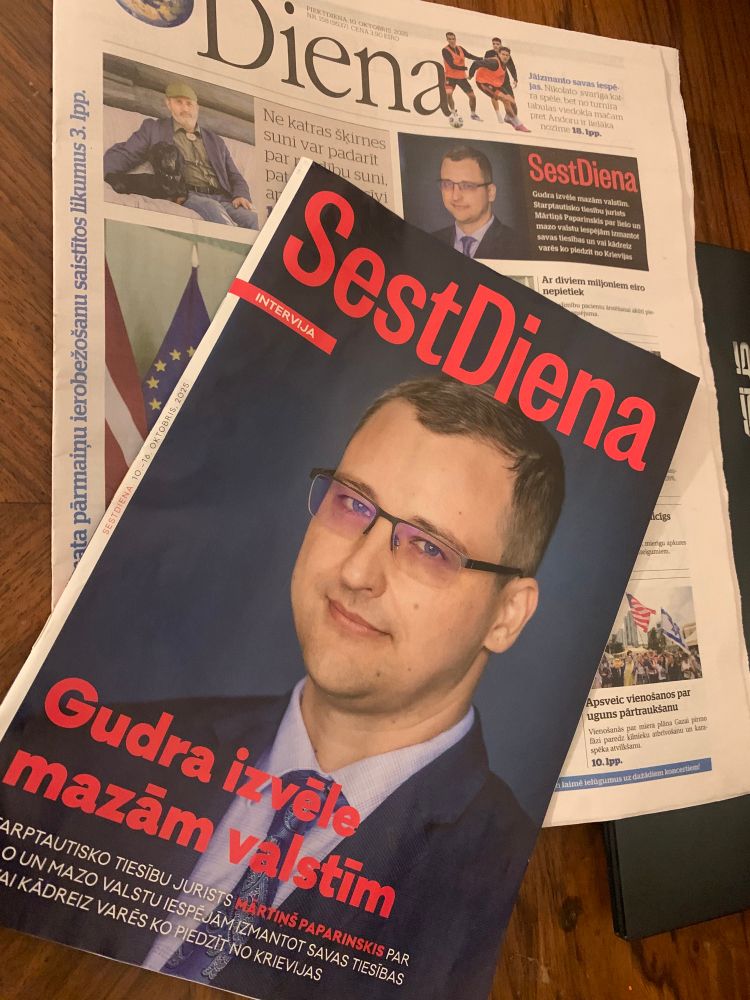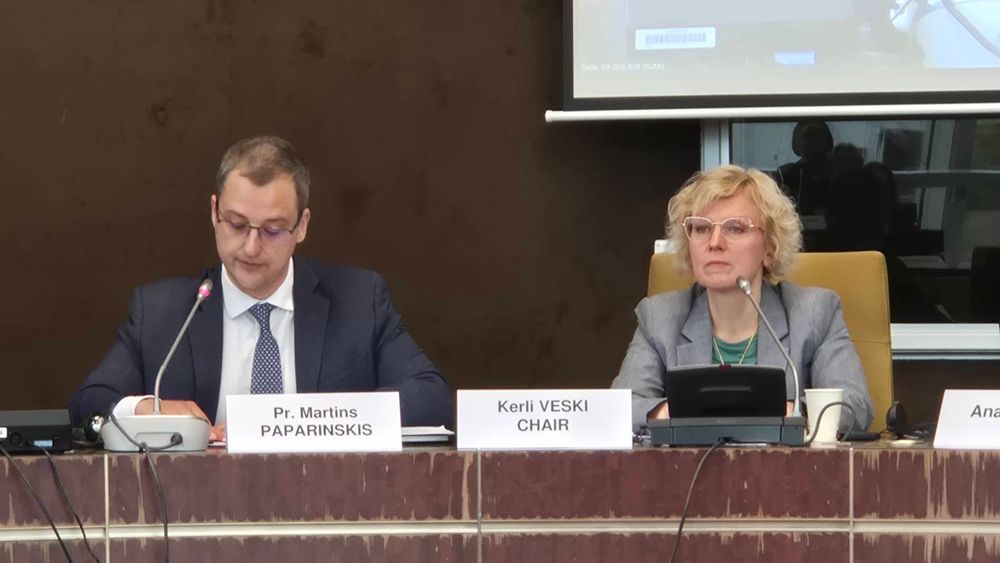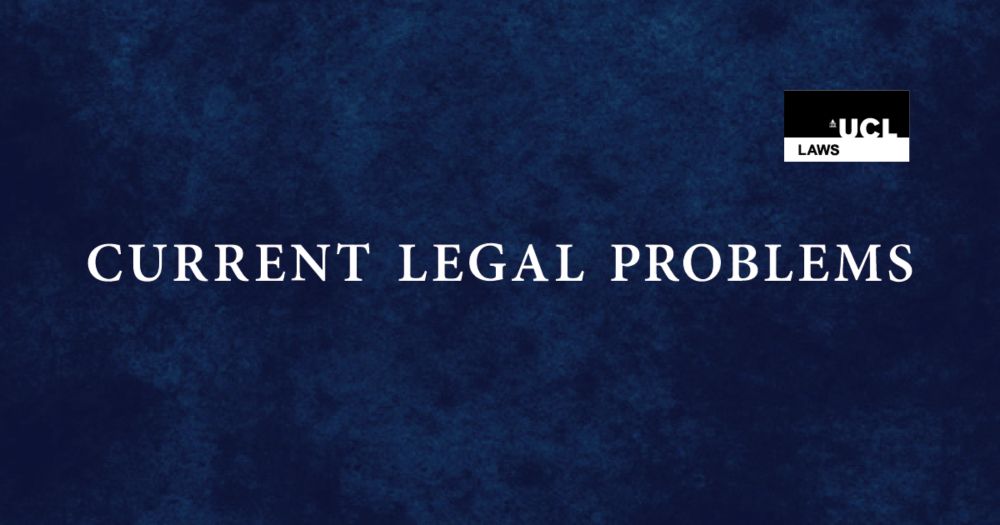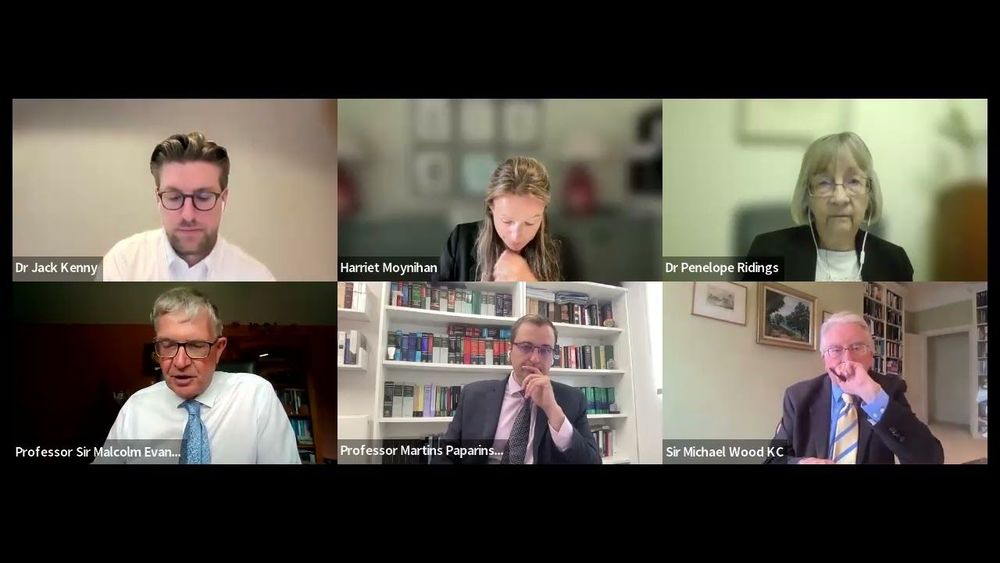
Also @fra.europa.eu Scientific Comm’ee, 🇺🇳ECE Water Convention Implementation Comm’ee, @cildialogues.bsky.social
https://profiles.ucl.ac.uk/40273-martins-paparin








'[The] purpose [of the Institute of International Law] is to promote the progress of international law', 1873 Statute of the IDI art 1, paragraph 2

'[The] purpose [of the Institute of International Law] is to promote the progress of international law', 1873 Statute of the IDI art 1, paragraph 2













cil.nus.edu.sg/blogs/the-ar...

cil.nus.edu.sg/blogs/the-ar...





